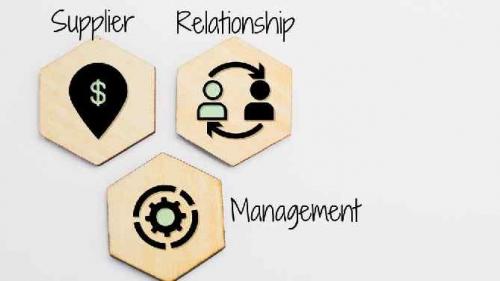Sales meetings are a critical component of a successful sales team's operations. They provide a unique platform for sales representatives to come together, collaborate, exchange ideas, and enrich their collective knowledge. Yet, for these meetings to truly drive success, they require meticulous planning and organization, and a well-structured sales meeting agenda is an invaluable tool in achieving this.
Sales meetings are far from routine gatherings; they serve as the cornerstone for a wide range of crucial activities that empower a sales team to excel. These include strategic planning, problem-solving, and building a strong sense of teamwork among team members. To harness the full potential of these meetings, it is imperative to have a carefully designed agenda that outlines the key objectives, topics, and activities to be covered.
Strategic Planning:
Sales meetings are the ideal arena for setting strategic objectives and discussing the path to achieving them. Whether it's outlining sales targets for the coming quarter, assessing market trends, or strategizing on how to approach key accounts, a well-crafted agenda ensures that these critical topics are addressed comprehensively. This strategic focus allows sales teams to align their efforts and set a clear direction for the future.
Problem-Solving:
Every sales team faces challenges, be it with specific accounts, product issues, or internal processes. Sales meetings provide a forum to address these challenges collectively. The agenda should allocate time for identifying and discussing problem areas, exploring potential solutions, and making action plans to overcome obstacles. By doing so, sales teams can make more informed decisions and drive continuous improvement.
Team Building:
Team cohesion and a shared sense of purpose are integral to a high-performing sales team. Sales meetings offer a prime opportunity for team members to connect, share their experiences, and learn from one another. In the agenda, consider incorporating team-building activities, presentations on successful sales strategies, and recognition of outstanding achievements. This fosters a positive, motivated team environment and encourages collaboration among sales representatives.
Knowledge Exchange:
Sales meetings are not just about disseminating information from management to the team; they are also about knowledge exchange among team members. By including sessions for sharing success stories, discussing best practices, and training on new products or sales techniques, the agenda can serve as a vehicle for continuous learning. This knowledge-sharing aspect helps improve the overall expertise of the team and ensures everyone benefits from collective wisdom.
In conclusion, sales meetings are a vital component of a successful sales team. They offer a unique opportunity for sales representatives to collaborate, learn, and strategize. However, their effectiveness is contingent upon proper planning and organization, and a well-structured agenda is indispensable for achieving this. A meticulously planned agenda ensures that sales meetings are not just routine gatherings but an essential forum for strategic planning, problem-solving, and team building. This, in turn, helps maximize the benefits of these meetings and propels the sales team towards greater success.









